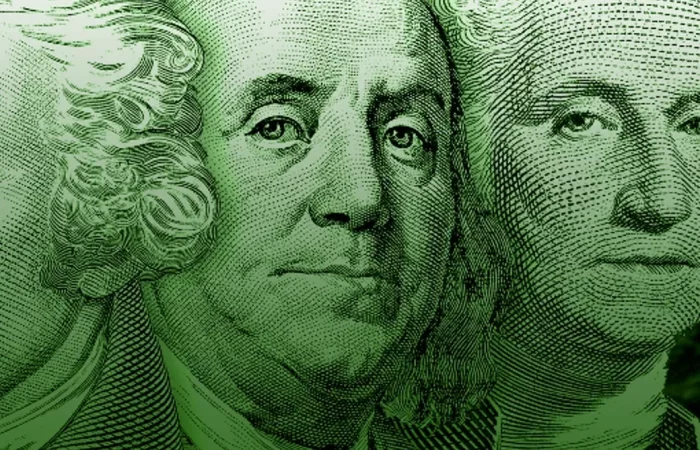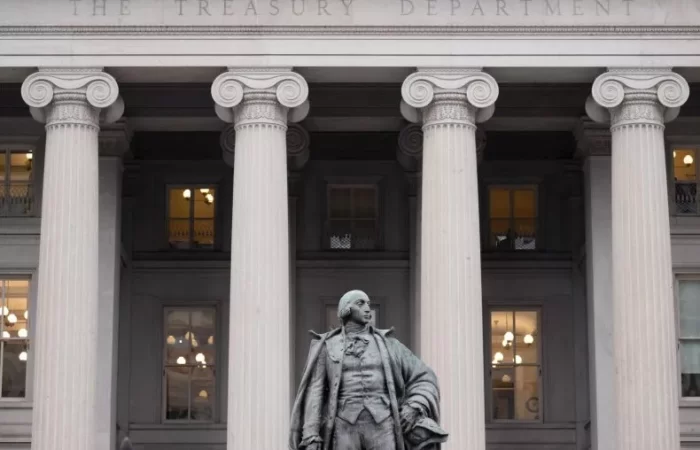
Warren Buffett’s 5-Minute Fix For US Deficit Resurfaces As Debt Bloats To Record Levels — And Gets Musk’s Nod: ‘Incentives Matter’
When billionaire investor Warren Buffett speaks, the world usually listens. And even when the “Oracle Of Omaha” has said something prescient in the past, it keeps popping up in the present. The latest recall on social media centers around Buffett’s quick-fix solution to the U.S. debt crisis.
What Happened: An old video of the Berkshire Hathaway CEO circulated on Twitter, and even got a reaction from Tesla Inc Chief Elon Musk.
“I could end the deficit in five minutes,” Buffett said in a 2011 CNBC interview with Becky Quick.
“You just pass a law that says that any time there’s a deficit of more than 3% of GDP, all sitting members of Congress are ineligible for re-election. Yeah, yeah, now you’ve got the incentives in the right place, right?” said Buffett.
See Also: How To Buy Treasury Bonds
Reactions Pour In: When the video clip was shared on Twitter, Musk and economist Peter Schiff offered their takes.
Musk said incentives matter. “The current system incentivizes overspending, so we get overspending,” he said.
Replying to Musk, Schiff said most of the spending is unconstitutional. “If the Supreme Court would only enforce the Constitution we would not have this problem,” he added.
Read Next: What Warren Buffett Considers As His ‘Secret Sauce’ After 58 Years Of Managing Berkshire Hathway
Why It’s Important: Buffett’s idea for resolution may have been said in jest. But it could be important against the backdrop of a ballooning budgetary deficit. The U.S. has the dubious distinction of being the nation with the biggest debt. Its debt totaled a record $31.4 trillion as successive governments through tax cuts and excessive spending piled up debt. Both Republicans and Democrats take an equal share of the blame.
About $24.6 trillion or 78.3% of the debt is held by the public in the form of securities such as bills, notes, and bonds, issued by the Treasury Department.
When the debt crisis loomed large, ideological differences among lawmakers on either side of the aisle led to a stalemate. While GOP members called for deep spending cuts, the Democrats under President Joe Biden clamored for increasing revenue sources. After prolonged negotiations, the president and Speaker Kevin McCarthy (R-Calif) finally clinched a deal. They agreed to suspend the debt limit until after the next presidential election.
Read Next: DeSantis’ Quiet Veto Cost Florida $377M In Federal Energy Support: ‘Real Loss,’ Says Expert
This illustration was generated using artificial intelligence via MidJourney.
© 2023 Benzinga.com. Benzinga does not provide investment advice. All rights reserved.











